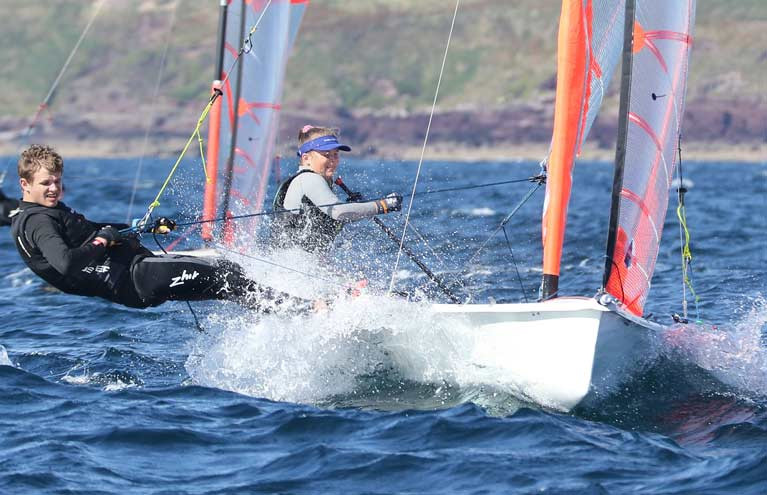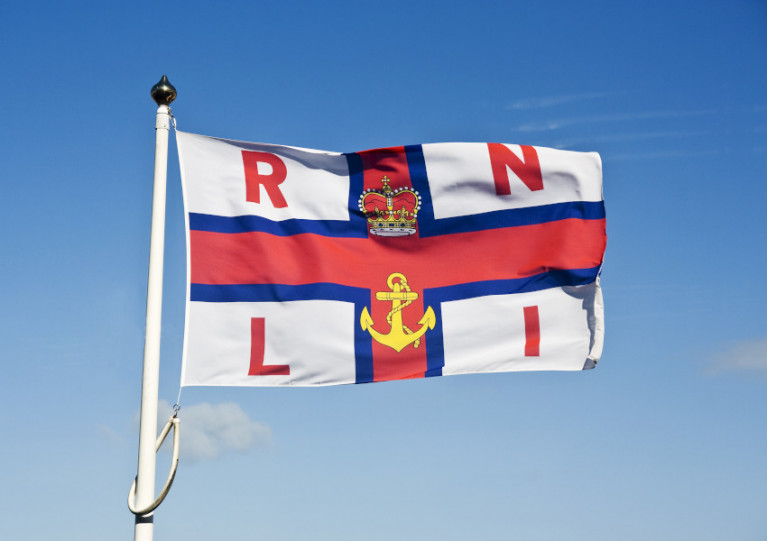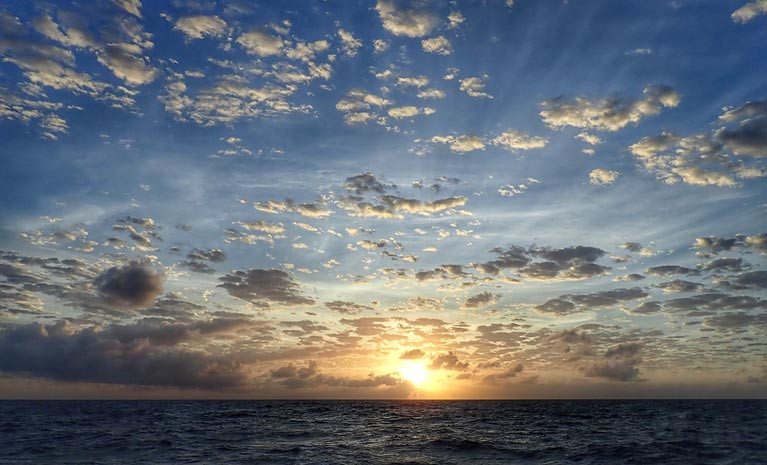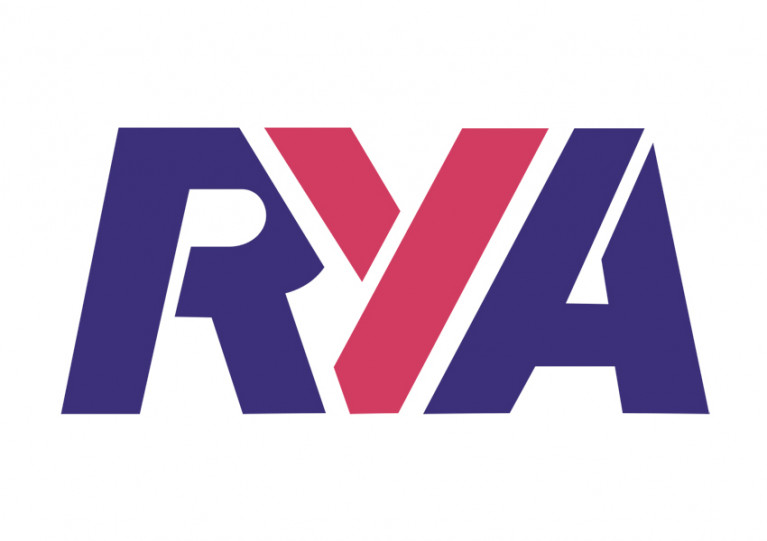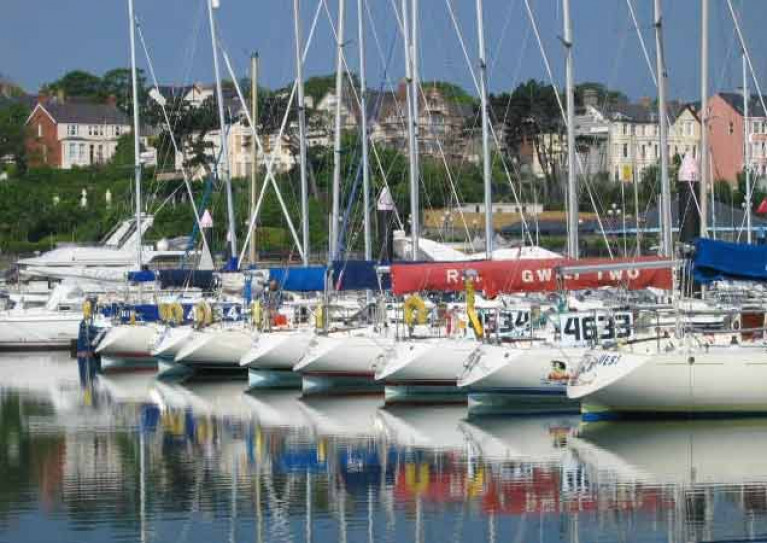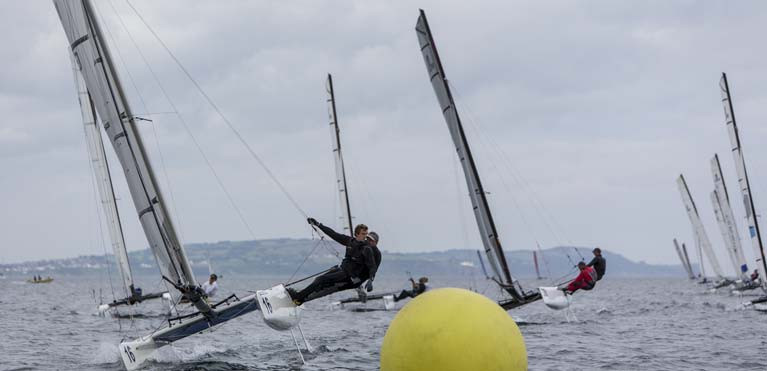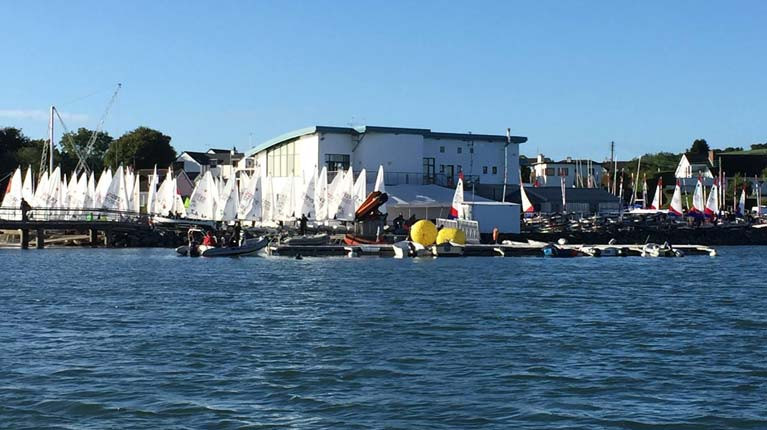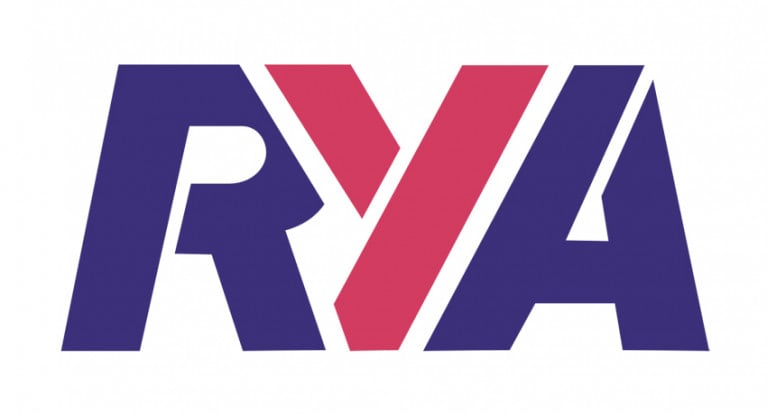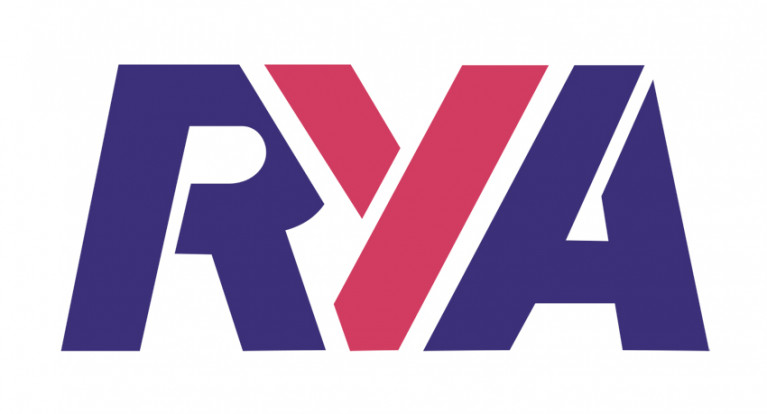Displaying items by tag: RYA
Since the RYA announced the launch of the RYA eSailing Spring Club Championship at the start of April this year, thousands of club sailors have been taking their tactics and strategies onto the virtual waters in an attempt to represent their club in the national final.
Getting through to the final not only means beating your fellow club members in a club championship, but it also means beating other local club champions within your RYA Region, which is no easy feat.
Around 80 sailors competed in their own club championships and 8 club champions then competed in the NI final on Saturday 16th May.
Newcastle Yacht Club sailor Luke McIlwaine showed his eSailing skills with 3 bullets and was crowned NI eSailing champion.
Luke comments: “There is definitely no lack of Virtual Regatta races to take part in; particularly involvement in the regular races that can be played every day has been excellent.
He continues: “These races have such a high skill level from all sailors and they are the perfect practice ground. After a really close regional final, with some tight racing, I am expecting the final to be very competitive. I am very pleased to represent NI in the final and I am looking forward to carb-loading on Friday night!”
RS400 and Laser sailor Luke now goes on to compete in the RYA eSailing Spring Championships. 10 competitors from around the UK will compete on Saturday 30th May to find out who will be the overall eSailing Spring Champion.
Following changes in UK government guidance for England, which allow people to travel to the coast and use the water, the RYA says it is engaging with the RNLI and representatives from the ports and leisure marine industry to help ensure a safe return to recreational boating activity amid the ongoing coronavirus pandemic.
Any facilities associated with outdoor sports and physical activities have been permitted to reopen from today, Wednesday 13 May. This includes facilities such as marinas and sailing clubs.
Guidance for English sailing clubs considering a safe plan to restart activity is available on the RYA website, while the devolved administrations have issued their own phased plans and measures.
“In line with Government guidelines for public spaces, the boating community [in England] may now drive to their destination so long as they observe social distancing,” said RYA chief executive Sarah Treseder.
“We welcome the Government’s guidance that general day trip leisure activities are being encouraged and we will continue to work with the RNLI to ensure this is done safely.”
Meanwhile, the RNLI urges people to take extra care when out on the water following the changes in government guidance for England.
‘We are urging anyone who is planning a return to the water to follow key water safety advice’
“We completely understand that people will want to take to the water, particularly as the weather improves,” said Gareth Morrison, RNLI’s head of water safety.
“Our volunteer lifeboat crews are still ready to respond during the public health crisis.
“However, we are urging anyone who is planning a return to the water to follow key water safety advice, which includes ensuring equipment is maintained and functioning correctly, and making sure that lifesaving apparatus is available.
“By following this advice we can work together to enjoy a safer summer and reduce the demand on our crews and other emergency services.”
Boaters are reminded that at present there are no RNLI lifeguards on UK beaches — and anyone visiting the coast is urged to understand the risk and takes the necessary steps to keep themselves safe.
“As we start to get back on the water, we advise boaters to take a considerate and conservative approach when planning to go afloat,” Treseder added.
“Be mindful of the potential impact that you could have on other water users and do not place unnecessary extra strain on the RNLI and emergency services. Finally, proper preparation will prevent accidents and is a vital step to getting back on the water safely.”
Yesterday the RYANI said it continues to support the Northern Ireland Executive’s guidance on lockdown measures. The Executive has published a roadmap to recovery in which step one allows for ‘activities’, but there is no timetable for when this begins.
Some sailing activity will return in the Republic of Ireland with the first relaxation of movement restrictions next Monday 18 May.
RYA NI Hold Social Media Workshop
Here is a chance to hone your social media skills and promote your Northern Ireland sailing club within your community at the same time.
The RYA is running a free media workshop on Tuesday 12th May from 18-00 to 19-00 hrs to help clubs and centres learn more about engaging with members and non-members and to learn more about Marketing and Social Media.
It is targeted at all club volunteers who admin their club’s social media pages
The workshop will discuss the following:-
- Basics of photography and videography
- What, how and why you should be posting on Facebook and Twitter
- Content planning - idea generation workshop
- Content calendar
You can book here https://bit.ly/2A4zwJl
And if you have any questions please contact Lisa from RYA Northern Ireland at [email protected] or call 07788 238083
RYA Northern Ireland Affirms Guiding Principles Supporting its Return to Boating Strategy
As Northern Ireland sailors and boaters near the announcement by the Northern Ireland Executive that will outline a blueprint for the easing of lockdown restrictions and Boris Johnson’s anticipated announcement this Sunday, the RYA is working on a range of guidance and resources to help members and the wider boating community prepare for a return to the water. These resources will ensure that boaters can return to activities on the water as quickly and safely as possible.
Since the lockdown commenced, the RYA has lobbied on behalf of its members to put forward a strong case for boating to be one of the first activities that can be resumed safely within any necessary parameters for social distancing, once we start to see a relaxation of the current restrictions. RYANI has been engaged with local stakeholders and the NI Executive as frameworks are developed.
While the detail of Government plans for easing restrictions are not yet known, the RYA has outlined the following ‘guiding principles’ that will shape its detailed response:
1. We will always follow Government guidance
The COVID-19 preventative measures are vital to protecting health and wellbeing and to minimising pressure on the frontline services. We all have a role to play by following the Government guidelines.
The RYA will provide interpretation and advice to show how the latest measures on social distancing, hygiene and travel can be applied to boating showing examples of the level of activity that each phase will allow.
As both a national and international Association, we are mindful that Home Country Governments may issue their own phased plans and measures. Additionally, as we have seen to date, local authorities, harbour authorities or marinas may also interpret guidance differently. We will carefully review any industry specific guidance that impacts on boating activities, such as advice for the sport and hospitality sectors, as well as paying particular attention to any guidance for specific sections of our community.
Where the application of Government guidance is unclear, we will seek clarification so that boaters and activity organisers are kept informed.
2. We will, as a boating community, take a considerate and conservative approach
- Considerate: be mindful of the potential impact that you could have on other water users and do not place unnecessary extra strain on the RNLI and emergency services.
Consider the local area and whether there is a risk that you could put extra pressure on the RNLI or frontline services. For example, are you in a very remote location? Is the area very busy? Look out for others such as families on beaches or people on other boats and think about how your activity could help or hinder them. For example, windsurfers or kiteboarders who launch from the beach should give extra space to beach users. Boaters should keep an eye out for others, and be ready to assist if trouble arises.
- Conservative: help to minimise risk by taking an extra conservative approach to your boating.
Our guidance on safety remains unchanged: know your limits; look after yourself; keep in touch and, above all, have a plan. As we start to get back on the water, we advise boaters to take an even more conservative approach when planning to go afloat.
Sarah Treseder, RYA Chief Executive, explains: “We share our members’ enthusiasm for a return to boating once we start to see a relaxation of the current restrictions. Getting afloat undoubtedly benefits both mental and physical wellbeing and we believe that with appropriate measures, a basic level of safe and responsible activity can be delivered to get our members active on the water.
“The decision to go afloat both for individuals and activity organisers should be based on a combination of self-responsibility and risk assessment. Our work with clubs, training centres and members will focus on the mitigation of COVID-19 risks to allow individuals and activity organisers to make informed decisions relating to their own interests and activities.
“We remain committed to representing the interests of the recreational boating community and we eagerly await the Government’s announcement on Sunday. Our members, affiliated clubs, classes, and recognised training centres will receive a further update as soon as we have reviewed the Government’s plans and their impact on boating activities,” Sarah concludes.
RYA Northern Ireland’s Chief Operating Officer, Richard Honeyford adds: “We have been working closely with colleagues across the RYA to prepare core aspects that will help organisations and individuals in preparation for announcements anticipated both locally and nationally.
“We await the publication by the NI Executive on their blueprint for specific detail that will allow further guidance to be subsequently issued. Advice will be based upon the guiding principles and appreciate the patience of the local boating community as we assess any proposals and look to ensure public health and front line services remain protected.”
RYA Puts Almost One Third Of Staff On Furlough Among Measures To ‘Safeguard The Future’
The RYA has furloughed almost a third of its staff among measures to safeguard its future amid the impact of coronavirus.
In a message to member organisations last week, Richard Falk, RYA’s director of training and qualifications outlined the actions taken by the UK’s national governing body for all forms of boating, which include two weeks of mandatory leave for all staff to “ensure we are fully manned to provide the necessary service when restrictions are lifted”.
Some 30% of RYA staff have been furloughed “so far”, while all RYA-organised events to the end of may have been cancelled. Instructor training and re-validations until the end of May have also been either cancelled or postponed.
“Our focus so far has been on supporting RYA training centres as best we can through such efforts as promoting eSailing as an alternative to keep sailors engaged in the sport, and lobbying the UK Government for support for small businesses and self-employed workers who are currently falling through the cracks of the government’s financial package,” Falk says.
“Clearly we are not out of the woods yet, but we are seeing the partial lifting of restrictions in some countries. We expect further news from the UK Government [in the coming days] and obviously each country is working to its own timetable depending upon its own situation with regard to the impact of Covid-19.”
Falk says the RYA’s emphasis “is now shifting towards the future” with regard to its network of training centres around Great Britain and Northern Ireland.
“We are working on the creation of advice and guidance for RYA training centres to assist with the various measures they may need to consider when thinking about plans for recommencing operations when it is safe and appropriate to do so. This will be in the form of advice rather than mandatory requirements.
“As always, RYA training centres will need to ensure they are continuing to comply with the restrictions and guidance of the competent health authorities in the country in which they are operating.”
Falk adds: “I can assure you that the entire RYA training team shares your anxiety and is experiencing the same sense of frustration and concern over what will happen in the coming weeks and months.
“We remain available to you and wish each and every one of you well as we continue to look towards what a ‘new normal’ way of operating might look like in the future.”
With the current COVID-19 pandemic forcing Northern Ireland into lockdown, the RYA has received a considerable number of enquiries from members who are not able to gain access to their boats now that most marinas have closed.
The governing body is acutely aware that members currently have valid concerns about the inability to undertake checks in respect of security and essential maintenance. In response, the RYA is writing to key Government Ministers seeking definitive guidance that will give a clear and practical way forward to give owners immediate access to their boats whilst respecting current measures to control COVID-19.
Over recent weeks the RYA has been in discussions with the Government officials making the case for limited and controlled access to boats locked down in marinas. The RYA believes that visiting marinas and spending time working on a boat that is moored or ashore can be readily achieved within the parameters of the existing core Government advice regarding hygiene and social distancing. With representations to date not delivering a solution to what is evidently a critical issue for affected members, the RYA is taking the case to Ministers and calling for the support of Members of Parliament.
Boat owners need access to their property to undertake essential maintenance, for example, checks for water ingress, maintenance of engines and electrical installations that cannot be undertaken by marina staff. Many boat owners are also obligated by their insurers to visit their vessel regularly to avoid cover being refused in respect of maintenance related claims. The RYA’s advice to members is that you should check this aspect of your insurance policy with your insurers no matter what the policy states. A lockdown insurance update has also been published on the RYA website.
Sarah Treseder, RYA Chief Executive, says: “We acknowledge and appreciate that marina operators are working as hard as possible under difficult circumstances, and are doing their best to take care of boats during the lockdown. However, marina staff obviously cannot undertake the sort of essential maintenance that responsible owners would do. The significant number of approaches that the RYA has received from members demonstrates that this is a critical issue for boat owners. We believe there are measures that could be permitted immediately within the existing Government guidance to allow access for essential maintenance.
All are predicated on the overarching need to keep people socially distant from those outside their immediate household, to shield the elderly and those with underlying medical conditions and prevent unnecessary travel”.
Concerned members should contact [email protected] and use the RYA Coronavirus hub, which outlines current advice and information for recreational boaters.”
With all sports starting to consider recovery, the RYA is developing a ‘Return to Boating’ strategy aimed at getting the message over that there is a very strong case for boating to be one of the first activities that could be resumed safely within any necessary parameters for social distancing, once we start to see a relaxation of the current restrictions.
Bangor Marina tells Afloat that the staff are very busy acting upon requests to check berth holders’ boats.
The RYA has launched a six-week series of racing rules webinars led by rules experts including Belfast Lough's own Chris Lindsay
The webinars will be free for racing sailors and aspiring race officials to introduce and explain the racing rules of sailing. Whether you are your club’s rules expert, a squad sailor or just want to know a bit more, the series will guide you through the racing rules to give you the best advantage on the race course.
The sessions will be delivered by some of the top names in the world of racing rules including British Sailing Team coach and strategist Mark Rushall, World Sailing Governance and Rules Consultant Jon Napier and Tokyo 2020 video umpire Chris Lindsay.
The webinars, which will be screened at 8 pm every Wednesday starting from April 29, will help you understand the right of way rules, how to deal with marks, obstructions and more. Each webinar will aim to be interactive, giving you the opportunity to get your questions answered, and will also be recorded for those who can’t make the initial screening.
This is an ideal way to prepare for the coming season, for whenever we’re back on the water again.
No camera or microphone is required to join - you can simply relax, view the slides and listen to the presenter as they explain each rule, and how they apply to real-life scenarios.
If you tune in live there will be the opportunity to ask the presenter your questions. To register click here
RYA Covid Support for Northern Ireland Sailing Clubs & Centres
The RYA is offering guidance and advice to Affiliated Clubs and Recognised Training Centres to assist with emergency financial planning. The financial planning club guidance includes advice on reviewing income and expenditure, how to utilise savings, plus ideas to help generate revenue.
Clubs and training centres can also access a COVID-19 Financial Toolkit which has been created to support those working on emergency planning and budgeting processes.
The RYA is also asking clubs and training centres to complete a survey designed to help venues to work through some of the help and support currently available. This information will also help the RYA to target the most needed support and guidance and effectively influence major stakeholders including the UK Government.
RYA Director of Sport Development Alistair Dickson explains: “We know many clubs will already have existing forecasts or well-developed business plans in place however these are now unlikely to reflect the reality of the situation ahead. Therefore, it’s important to undertake some urgent planning as soon as possible and we hope that this guidance will provide some support during this process.”
Club Commodores and Training Centre Principals may have also seen that the Government has launched a new ‘support finder’ tool to help businesses and self-employed people across the UK to quickly and easily determine what financial support is available to them during the pandemic.
“We hugely appreciate the efforts and challenges that those running clubs and training centres are facing at this current time. If you have more specific questions or are seeking more detailed advice, please contact your Development Officer who will be happy to help and hold virtual meetings. Please also help us focus our support by filling in the Access to Support Survey; it will really help us to help you and influence major stakeholders like the UK Government.”
The Development Officer in Northern Ireland is Mary Martin tel 07919 923018 [email protected]
Sailing clubs and centres in England are already beginning to benefit from the £22 billion grant and business rates package recently announced by the Chancellor Rishi Sunak, the RYA says.
Businesses in the retail, hospitality and leisure industry, such as RYA-affiliated sailing clubs and recognised training centres, will be eligible for a one-off grant payment dependant on their rateable value.
Those with a rateable value of less than £15,000 will receive £10,000 and those clubs with a rateable value of between £15,000 and £51,000 will be provided with a grant of £25,000.
Business rates in England have also been suspended for the next 12 months — though devolved administrations in Wales, Scotland and Northern Ireland set their own rates, and their measures if any may involve a reduction rather than a suspension.
It is understood that local authorities may be contacting businesses either via letter or by email this week. As the clubhouse is usually the registered business address for sailing clubs, this may cause a delay in receiving notification due to the current travel restrictions.
The RYA suggests that sailing clubs and training centres should contact their local authority and ask for any communication to be sent via email instead, or for any essential letters to be temporarily re-directed to a more convenient address.
RYA Urges British Boaters To Think Again Before Cancelling Payments & Support Local Networks
British boaters are being encouraged to support their local boating networks wherever possible during the ongoing Covid-19 pandemic.
As Boating Business reports, the RYA is asking people to think again before cancelling payments to sailing clubs, marinas, class associations and other marine-related bodies to support them through the lockdown period.
“During these hugely challenging times people are looking at where they can cut costs,” said RYA sport development manager Alistair Dickson.
“However, we would urge boaters to think carefully about whether they need to cancel direct debits, subscriptions or other payments as many organisations will be depending on this support to them through this difficult period.”
In Northern Ireland, the RYANI says it will “endeavour to keep meaningful engagement with all clubs and organisations” as it briefs Stormont on the challenges facing the NI boating community and calls for inclusion in Executive support packages.


























